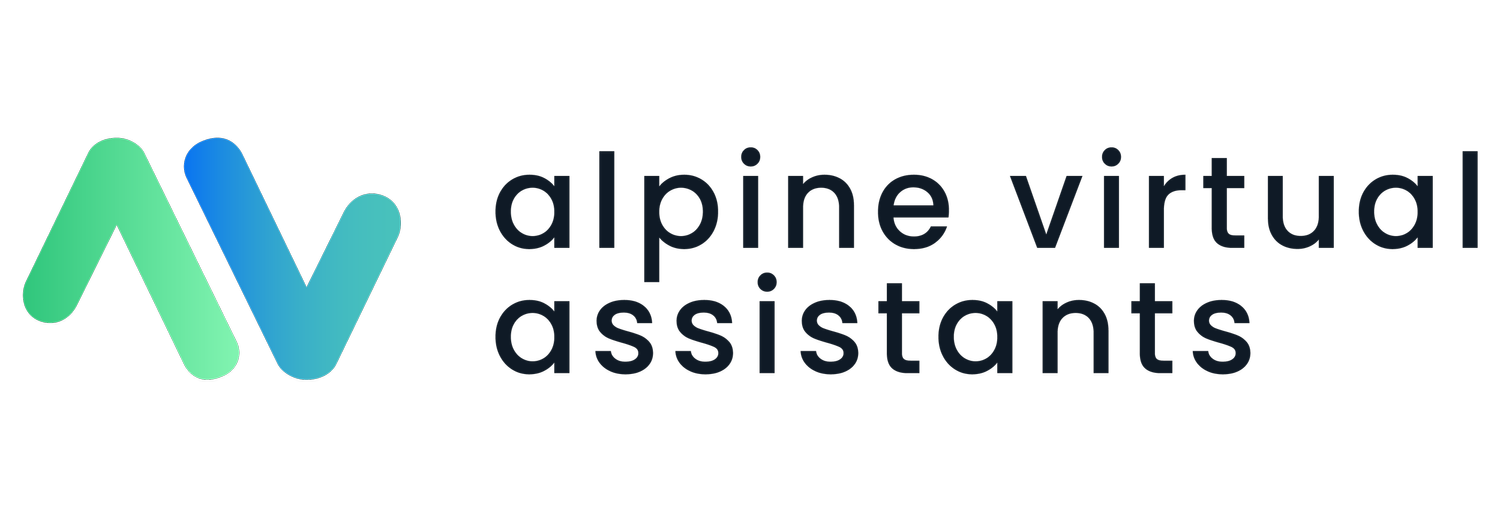Why Rest Feels Wrong
You’ve closed your laptop, your list is mostly checked off, and it’s quiet.
You should feel good - accomplished, even. But instead, you start thinking:
“You could get ahead for tomorrow.”
“There’s still that one thing you didn’t finish.”
“You have more to do; you don’t deserve a break.”
If that sounds familiar, you’re probably not lazy. You’re conditioned.
Most of us have learned to associate rest with guilt. We’ve been told that our value lives in our output, so even when we’ve “earned” the break, something deep inside us resists it. It’s not that we don’t know how to rest, it’s that we no longer know how to stop proving we deserve it.
The Myth of Earned Rest
Somewhere along the way, we turned rest into a privilege instead of a practice. We started believing rest had to be earned - that it comes after all of the work, after the entire list is finished, after the fire’s put out.
But rest isn’t what you do when all of the work is done. It’s what helps you do the work well.
Still, our culture doesn’t make that easy. Big-name CEOs and founders often glorify overwork. One startup CEO recently said that 80-hour workweeks should be the baseline for anyone serious about success. Another said that you “can’t build something extraordinary” on a standard 38-hour week. When the loudest voices in business are broadcasting that exhaustion equals achievement, it's easy for the rest of us to believe we can’t build something great if we take time for rest.
But real leaders know that relentless motion doesn’t create brilliance. It creates the opposite. As Steven Bartlett puts it, “Don’t feel guilty about resting. It’s a crucial activity. Quality rest increases your productivity and creativity, which ultimately will give you a happier and more sustainable work life.”
And author Alex Soojung-Kim Pang, who studied the world’s most creative thinkers, found the same truth: “Even in our brain’s resting state, it’s still active - engaging its ‘default network’ to plug away at problems, examine new ideas, and make unexpected connections.”
Rest isn’t a pause from progress. It’s the fuel for it.
A post from the Netflix co-founder Marc Randolph has been making the rounds on social media again, and it perfectly captures the power of rest and perspective.
He shared that he had a hard stop every Tuesday at 5 p.m. to spend a restful evening with his best friend. Nothing interfered with that time.
“No meeting, no conference call, no last-minute question or request. If you had something to say to me on Tuesday afternoon at 4:55, you’d better say it on the way to the parking lot. If there was a crisis, we’d wrap it up by 5:00. Those Tuesday nights kept me sane and put the rest of my work in perspective.”
He went on to say:
“I resolved a long time ago not to be one of those entrepreneurs on their seventh startup and their seventh wife. The thing I’m most proud of in my life isn’t the companies I built — it’s that I built them while staying married to the same woman, having my kids grow up knowing me (and, best I can tell, liking me), and having time to pursue my other passions. That’s my definition of success.”
Why We Resist Rest
Even when we know better, we still struggle to slow down. Here’s what usually gets in the way:
1. You equate rest with weakness.
You’ve been praised for being the one who “always pushes through.” But constant motion isn’t resilience; it’s depletion.
2. You don’t trust things will stay together if you stop.
You’ve built everything yourself, so pausing feels risky. But that’s exactly why delegation matters. A virtual assistant helps your business run even when you step away.
3. You’re afraid of the quiet.
Stillness can feel uncomfortable when you’ve used busyness to outrun your thoughts. But that quiet is often where the next right idea is waiting.
4. You’ve tied rest to “deserving.”
You only allow it once everything’s done, which means it rarely comes. What if rest wasn’t a prize, but part of the process?
Redefining Rest
Rest doesn’t have to mean a week-long vacation or a day off in the mountains (though, let’s be honest - those help). They just aren’t enough.
It can be:
Closing your laptop at a reasonable hour and letting that be enough.
Taking a walk without listening to a business podcast or checking Slack.
Baking, painting, or reading for no reason other than joy.
Letting your brain wander and your body breathe.
Spending time with people who matter to you, with no productivity goal.
Rest isn’t productive. It’s restorative. It’s the pause that makes the next move possible.
And when we rest, really rest, we model something powerful for the people we lead. We show our teams that hustle doesn’t equal worth, that success doesn’t have to mean self-sacrifice, and that the healthiest businesses are built by humans who actually take care of themselves. Don’t celebrate people who work through weekends or vacations. It’s unsustainable and has dangerous side effects.
The Courage to Stop
In a culture that celebrates exhaustion, rest is rebellion. It’s courage in its quietest form. It’s saying, “I’ve done enough for today.”
When you stop measuring your value by your output, you make space for better ideas, deeper connections, and more meaningful growth. You stop surviving your work and start leading it.
So here’s your reminder: you don’t have to earn your rest. You just have to take it.
Ready to Step Out of the Hustle Loop?
If rest feels impossible because you’re buried under tasks that someone else could handle, it’s time to get help. A virtual assistant can take the day-to-day off your plate so you can lead, create, and rest again.

